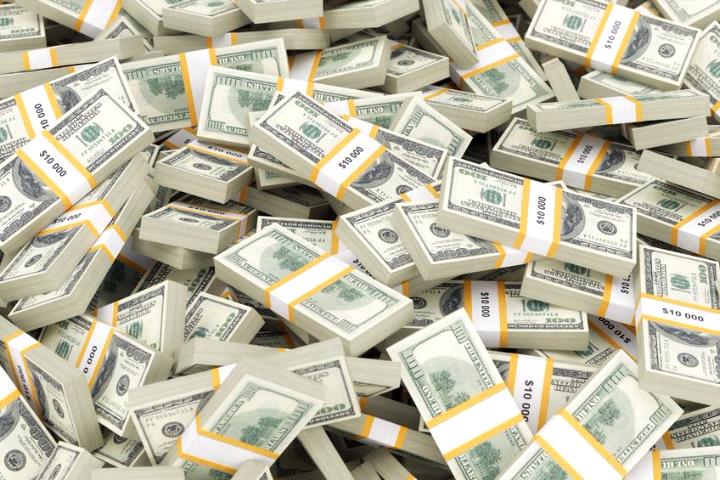
Global markets erased another $69.2 billion from the combined net worth of the world’s 400 richest people Monday, bringing the total since the U.K. shocked investors with a vote to leave the European Union to $196.2 billion in the last two trading days. The billionaires on the index control $3.8 trillion, a 1.8 percent decline from the start of the year, according to the Bloomberg Billionaires Index.  The pain on Monday was felt most by Europe’s wealthiest, where 92 billionaires lost $29.4 billion, bringing their two-day decline to $81.7 billion, data compiled by Bloomberg show. Since year-end, their net worth has slid more than $45.5 billion, a 5.1 percent decline. The 150 billionaires from the U.S. and Canada lost $26.7 billion, or a two-day total of $62.5 billion. They’re essentially flat for the year, with a collective gain of $236 million. China’s 26 billionaires lost $1 billion Monday, bringing their two-day total loss to $5 billion. They’re down 7.4 percent this year, an $18.7 billion drop. Germany’s third-richest person, Georg Schaeffler, fared the worst on the index Monday with $1.9 billion trimmed from his net worth. Europe’s richest person, Spanish retailer Amancio Ortega, shed $1.5 billion. Bill Gates and Mark Zuckerberg were the worst-performing U.S. billionaires on Monday losing $1.8 billion and $1.6 billion respectively. There were 69 billionaires on the index who added to their fortunes Monday. Takemitsu Takizaki, the founder of Osaka-based Keyence, a maker of electronic sensors, led the gainers with an increase of $579.3 million. Japanese retailer Tadashi Yanai, chairman of Tokyo-based Fast Retailing Co., was behind him with a $552 million rise. Nineteen billionaires on the index added more than $100 million Monday. By Robert LaFranco and Jack Witzig/Bloomberg



 UK's Jaguar Land Rover to halt US shipments over tariffs
UK's Jaguar Land Rover to halt US shipments over tariffs
 US starts collecting Trump's new 10% tariff
US starts collecting Trump's new 10% tariff
 Nasdaq set to confirm bear market as Trump tariffs trigger recession fears
Nasdaq set to confirm bear market as Trump tariffs trigger recession fears
 Dana Gas and Crescent Petroleum exceed 500M boe in Khor Mor field
Dana Gas and Crescent Petroleum exceed 500M boe in Khor Mor field
 China to impose tariffs of 34% on all US goods
China to impose tariffs of 34% on all US goods



